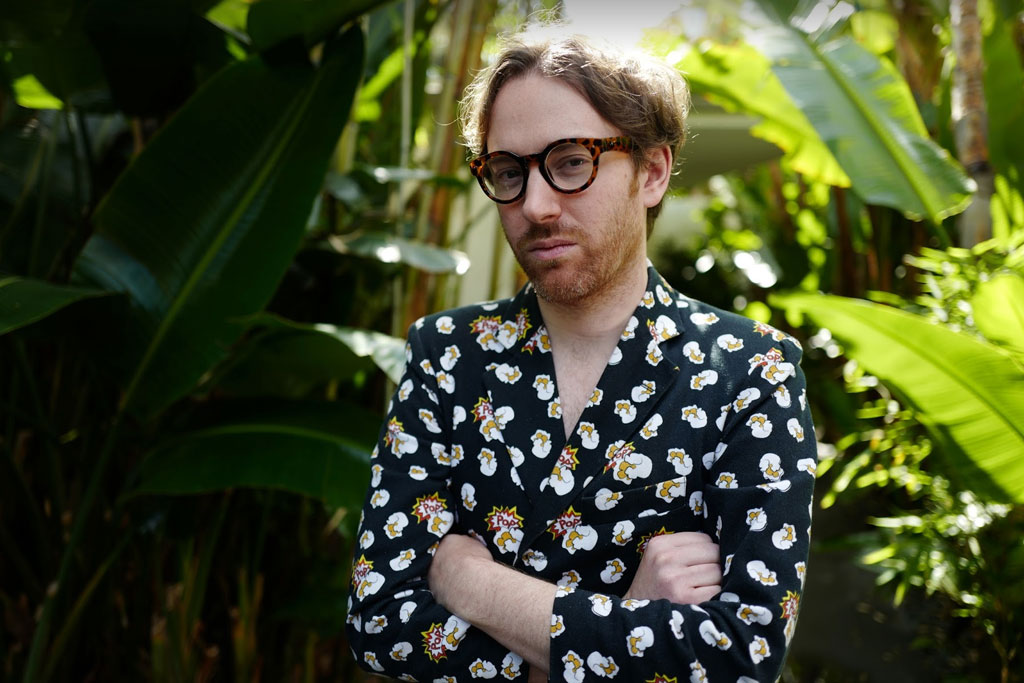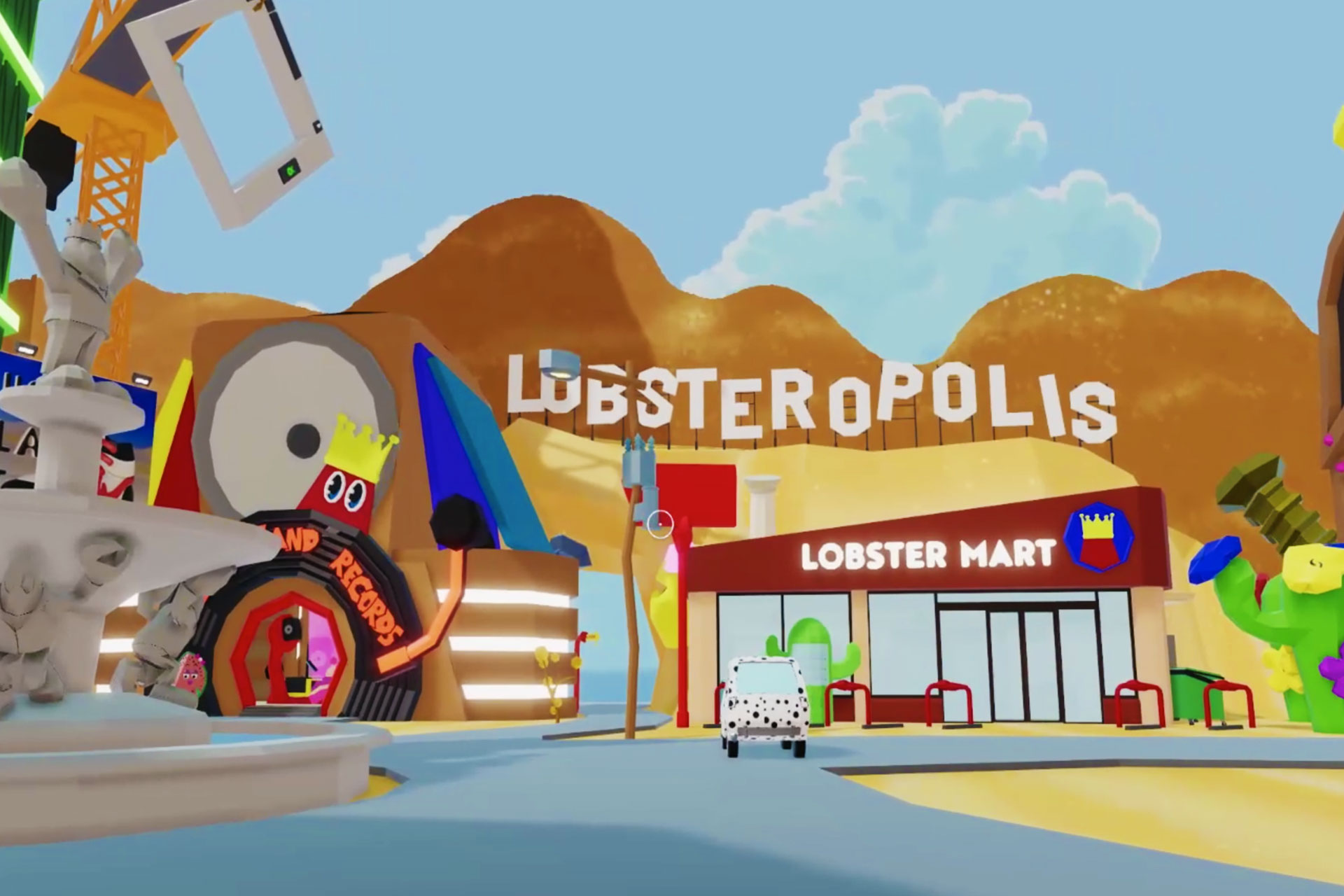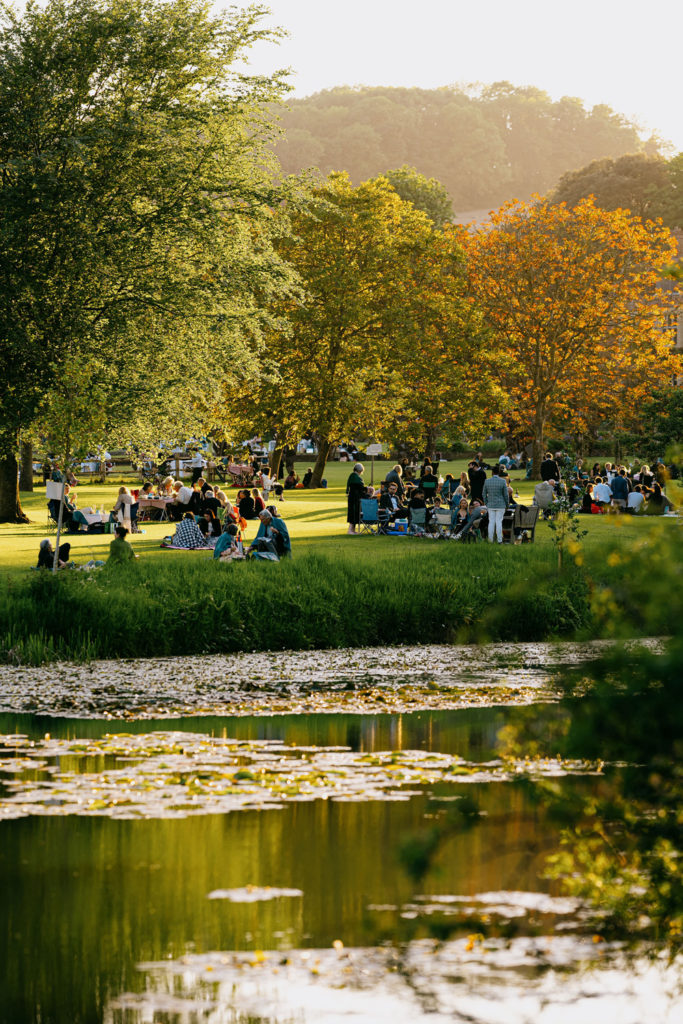Philip Colbert on the Rise of Digital Art
By
4 years ago
'Digital art is the defining art of our time'

On this week’s episode of Break Out Culture artist Philip Colbert chats to Charlotte Metcalf and Ed Vaizey about his first fully digital exhibition, Lobsteropolis City.
Philip Colbert on Digital Art
Ed: If I were to say Lobsteropolis City within the metaverse of Decentraland, you’d be partly right in thinking I was entering some surreal zone and was slightly losing my marbles. But Lobsteropolis City is, in fact, the name of the first fully digital exhibition by the British contemporary artist, Philip Colbert. Let’s start with your collaboration with Devo – tell us about the artwork that you’ve created together…
Philip: Devo were a popular band in America in the late 70s and 80s, very much part of this new wave movement. They were heavily ironic, witty, cynical, creative and questioning of things. And, funnily enough, Devo were also the real pioneers of the music video. They were very important conceptually in this hybrid of art and music. I felt somehow my lobster persona has this similar sort of ironic commentary on consumption in art and persona.

Charlotte: What the hell is it about lobsters?
Philip: They’ve attracted artists over generations. I’ve always been very into symbols because, for me, art is very much about communication and visually speaking, so graphic, powerful symbols are important keyholes to meaning. The lobster was like this symbol of a protagonist of surrealism.
Click to listenEd: I think it’s perfectly legitimate for artists to create digital art because digital is a new medium. But where do you think we are going with all of this?
Philip: For me, digital art is probably the most relevant form of art today. If you think about the influence of phones on our brains on the way we consume, the way we express ourselves, the hyper consumption of information through digital technology, and also just the possibilities of creation through digital technology with all these rendering softwares.
Digital art is the defining art of our time, full-stop. The question of NFTs is interesting because prior to the NFT tidal wave, there hadn’t really been a legitimate collectible platform for digital art. There was very much an emphasis on the physicality of things. The NFT was interesting as a movement because it put the focus onto the idea, and also onto the idea of being able to own digital art and collect it. The NFT has helped to articulate and democratize an important art movement.
Ed: So if we want to go to the opening of Lobsteropolis and see the auction, how do we get on there?
Philip: People can log into the Decentraland platform through laptops or desktop computers. They then are able to, without paying anything, create an avatar persona and then access the world. My world, Lobsteropolis City, is located in the Vegas City district, which is the largest landholding in Decentraland. I didn’t just want to make a little gallery – I wanted to make an actual whole world. So in addition to the museum with Simon de Pury’s curating, I’ve also got this Lobster Land record label, and I have the Devo performance. My collaboration with Devo will be available to bid on at the opening. And then after that, we will do subsequent drops with this platform, SuperRare. I like the idea of the museum being like an art museum of my world.
You can listen to the full episode here
MORE BREAK OUT CULTURE:
Juliet Stevenson on Putting Women’s Poetry Centre Stage



